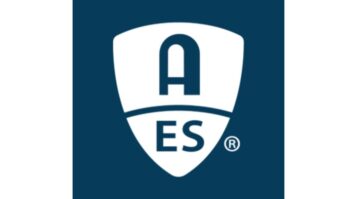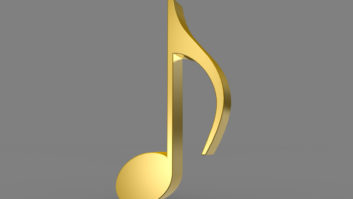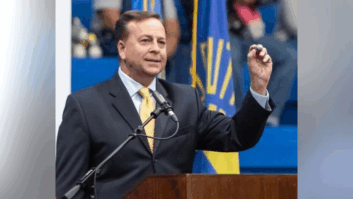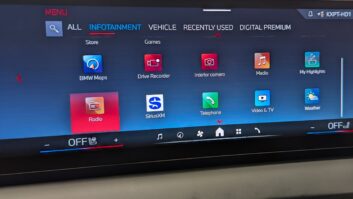Radio World is providing an ongoing sampler of comments of what people are telling the FCC about its proposal to allow U.S. stations on the AM band to switch voluntarily to all-digital transmission. Here are more in the series:
Kirk Mazurek told the FCC that he is an avid AM listener who has “invested time and money in equipment towards my hobby as many others have. If this proposal goes through it will make the millions of receivers obsolete requiring the purchase of new equipment. This is needless, there are a lot of people who have vintage radios and a lot of them have been restored. This proposal would make them useless. I urge you not to ratify this proposal.”
Mark Wells raised concern about interference from digital to analog signals on the same channel. “This is especially applicable at night when one is listening to distant stations in out-of-state markets, he wrote. “For example, clear channel stations WBT in Charlotte and KFAB in Omaha are both on both on 1110 kHz. Let’s say one switches to digital, and one does not. As it is they both may fade in and out as the atmosphere does its nightly tricks, but the signals remain mostly useable. But, if one is digital and the other analog would it not ‘blank out’ the analog station?”
[Read: “Allow DRM for Digitizing the AM Band”]
Wells also noted that existing analog AM receivers would become obsolete. “Adding a digital to analog converter as they did when switching to HDTV would perhaps not be a very practical solution, as it would require a not so easy installation.” And he reminded the FCC of AM’s role during disasters. “Analog AM receivers are among the most simple of devices to build. In a major disaster a person with the knowledge of how to do so, can build a receiver literally out of debris, and remain in contact with the outside world. This capability cannot be overstated — to say that a voice coming in on a dark, dark fright-filled night is a comforting cannot be denied, as well as the value of receiving emergency information.” He said one solution would be to limit all-digital stations to Class C local operations in the 1610–1700 kHz range “and leave the rest of the AM band as it is now.”
[Read: “WLOH Would Have a Compelling Reason to Promote Its Signal Again”]
Amateur radio operator Edward Thierbach, AB80J, worries about the distribution of emergency information to the general population. “I suggest that the proposed rules be amended to require the following types of AM stations to retain analog AM broadcast capability for a period of 10–15 years: Clear-channel stations; Emergency Advisory Radio Stations; Other stations officially designated as emergency information stations, whether the official designation is made locally or nationally,” Thierbach wrote.
He said few if any emergency radios (typically hand-cranked or solar-charged) can receive HD Radio, and that relatively few people have portable radios of any type with digital AM capability. Not enough receivers in vehicles have digital AM capability either, he argued, and predicted that proliferation of digital AM radio would likely take much longer than digital TV, “due to less consumer incentive.” He thinks it would take 10 to 15 years before emergency information can be widely and reliably disseminated via digital AM.
And David Bowers takes pleasure in the fact that in radio’s 100th anniversary year, antique radios can still be used to listen to modern AM broadcasts. But he predicted that the dawn of digital AM transmission “would require the design, build and distribution of millions of converters, as was done with DTV in 2009.” He also looked further down the road, saying, “Keep in mind the consequences of this proposal. I know it starts as voluntary, but wheels of progress suggest it could evolve to universal.”
Register to watch a free February webcast about all-digital on AM.







